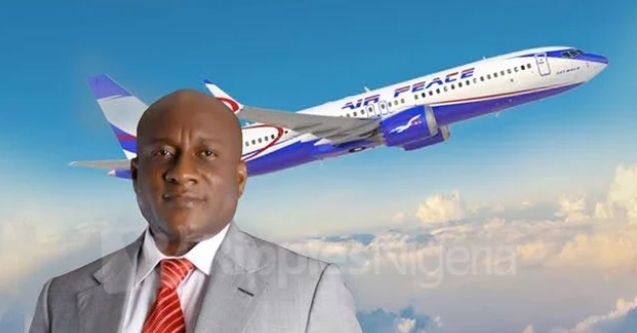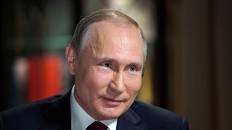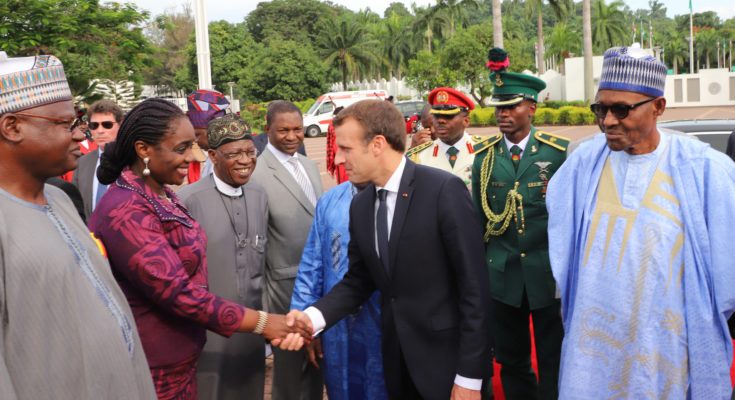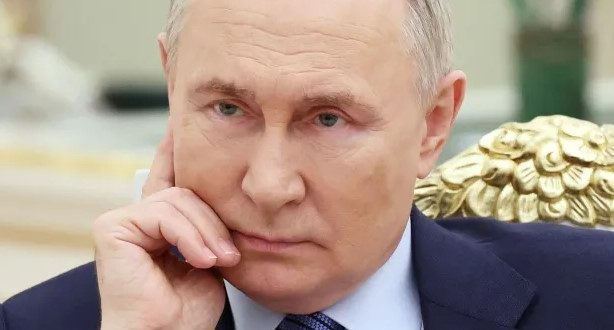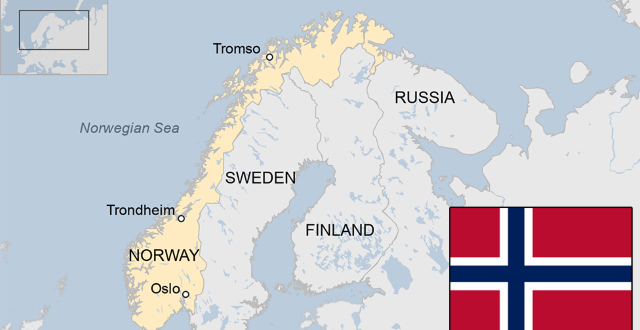Russia gave official notice to 60 US diplomats to leave the country by April 5 in response to Washington’s expulsion of 60 Russian officials earlier this week.
According to a statement by the Russian foreign ministry released on Thursday, 58 of those expelled served at the US embassy in Moscow and two at the US consulate in Yekaterinburg.
Russia also revoked the permit for the US consulate in St Petersburg – meaning it must shut down – and issued a protest note to the US ambassador to Moscow, Jon Huntsman, regarding what it called “outrageous and unwarranted” diplomatic action against Russia.
The statement said the moves were made on the “principle of reciprocity”.
The United States was quick to respond. At a press conference in Washington, DC, US State Department spokeswoman Heather Nauert said Russia’s actions show it is “not interested in a dialogue”.
“There is no justification for the Russian response. Our actions were motivated purely by the attack on the UK – the attack on a British citizen and his daughter,” Nauert said.
She added the US reserves the right to respond further to Russian moves against the country.
Over the last few days, 25 European countries – along with the US, Canada, and Australia – expelled more than 120 Russian diplomats in a show of solidarity with the UK after the nerve agent poisoning of a former Russian spy in the southern English city of Salisbury.
NATO also announced seven officials working in the Russian mission to the alliance will have to leave.
US expels 60 Russians, closes consulate over Skripal poisoning
Last week, London expelled 23 Russian officials and Moscow responded in kind.
UK Prime Minister Theresa May has said she has evidence of Russian involvement in the poisoning of former Russian intelligence officer Sergei Skripal and his daughter Yulia.
Yulia is no longer in a critical condition and is improving rapidly, doctors said on Thursday. Sergei remains in critical but stable condition.
‘Trickery’
The UK government says the nerve agent used in the attack, Novichok, was developed in Russia. Moscow has denied accusations that it was involved in the assassination attempt.
Earlier on Thursday, Russian foreign ministry spokeswoman Maria Zaharova cast doubt over the investigation by the Organisation for the Prohibition of Chemical Weapons (OPCW) into the Skripal case, calling it a “trickery”.
Last week, OPCW inspectors arrived in the UK to collect samples for analysis of the substance that poisoned the Skripals. The OPCW is expected to release the results on April 2.
Zaharova said it was unclear what evidence the UK gave to OPCW experts, and whether the people they visited in the hospital were indeed the two victims.
“Whom did they show to these experts, if there was such a contact at all? … And you are asking if we would accept this absolute trickery?” Zaharova said at a foreign ministry press conference.
Russia maintains there is no proof of its involvement in the attack.
Source: Al Jazeera News

